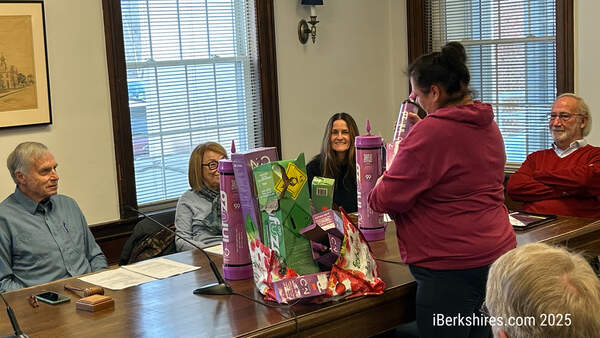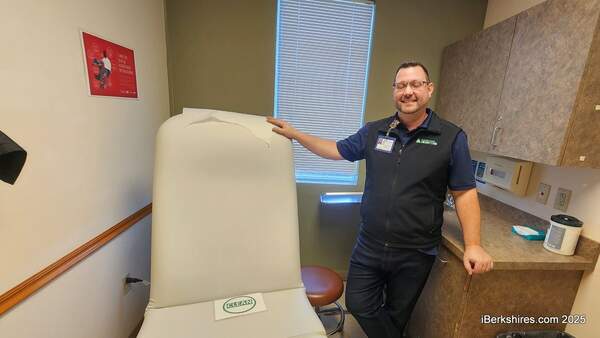Letter: No Complaints in Sheffield on Outdoor Pot Farms
 |
To the editor:
One of the most commonly repeated claims about growing pot is that it smells bad, really bad. In Williamstown, as in a number of towns in the Berkshires, the fear of offensive odors has been used as a rallying cry to block approval of outdoor cannabis farms, but is this overblown hype, or a legitimate concern?
As a member of the Williamstown Planning Board, last year I made a point of sorting through dozens of articles on the subject of cannabis cultivation odors, potential health hazards and other claims made to invoke fear and personal concern. What I found were stories with mostly fuzzy backing data and limited information on the source of the odor.
Digging a little deeper, the issues were typically associated with large industrial-scale operations, almost always with indoor production facilities, predominately in western states with far less stringent regulations than Massachusetts.
In addition to odor, health hazards blamed on the plants' natural production of chemical terpenes may be entirely overstated, especially when evergreen trees are, in fact, one of the largest natural sources of terpenes, and there are far more pine trees in the Berkshires than there will ever be pot plants. Suggested health concerns about pollen production on cannabis farms is also misleading when pollen is produced by male plants that are specifically removed from cultivation as soon as they are identified.
Looking further, I made a point of visiting, what was then, the only legal outdoor pot farm in the Berkshires twice last year, once in late August, and once in early October. In August, the flowers were forming, and in October I was there about mid-harvest. According to much of the literature, I should have been overwhelmed by a nauseating odor. Not even close. Outside of the required perimeter fencing the odor was noticeable, though not offensive, and inside the fence the odor was apparent, but hardly overwhelming. In truth, it is quite possible that I missed the period of peak odor, and yet, I checked, and there have been no formal complaints about the odor in Sheffield to date, and there are now two pot farms in town.
Lastly, small-scale pot farming in western Massachusetts may be one of the only real cash crops available to help keep our local farmers farming. The Berkshires wouldn't be the same without our local farms, and economic survival is just getting harder and harder for them. All things considered, I encourage Williamtown voters to support the outdoor grow option at town meeting on Aug. 18.
Alex Carlisle
Williamstown, Mass.
Tags: marijuana, town meeting 2020,















